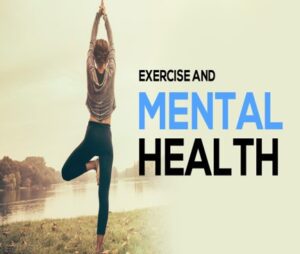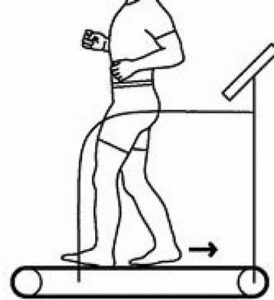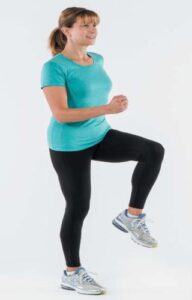Regular physical activity has been shown to have a significant positive effect on mental health, fostering emotional resilience, lowering stress levels, and increasing happiness in general. Physical health advantages like increased muscle tone, weight management, and cardiovascular strength are frequently linked to exercise. But the benefits of exercise go far beyond improved physical health.
Exercise helps lessen fatigue and increase our energy levels. Increasing cardiovascular system and lung health through aerobic exercise may help us feel more energized. As we move, our heart beats faster, giving our working muscles more oxygen.
Exercise gradually reduces the strain on lungs & helps in improving daily life & reduces stress & anxiety.






Exercise promotes a healthy mind and a happier life in addition to improving physical appearance. It gives you more self-assurance, empowers you, and promotes social interaction. Thus, making the time to include exercise into your daily schedule is an excellent, all-natural method to improve your mood, lower stress levels, and general quality of life. Recall that taking the first step toward a healthier, happier you is the beginning of a trip worth taking, and your mental health is worth it.
Phone : updating soon
E-mail : engage@heptarc.com
CIN : U74999KA2018PTC111108
GST : 29AAECH4684E2ZC